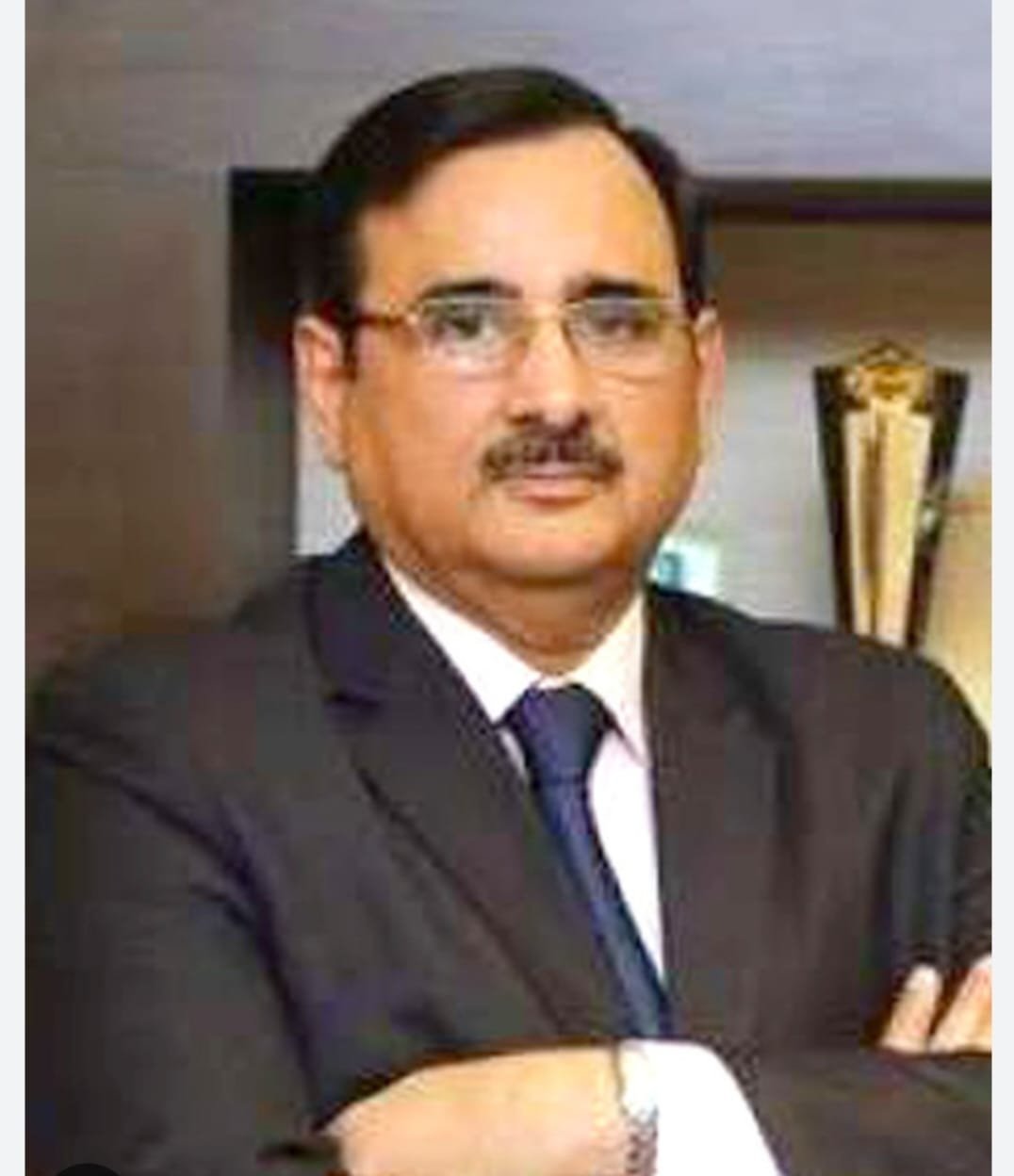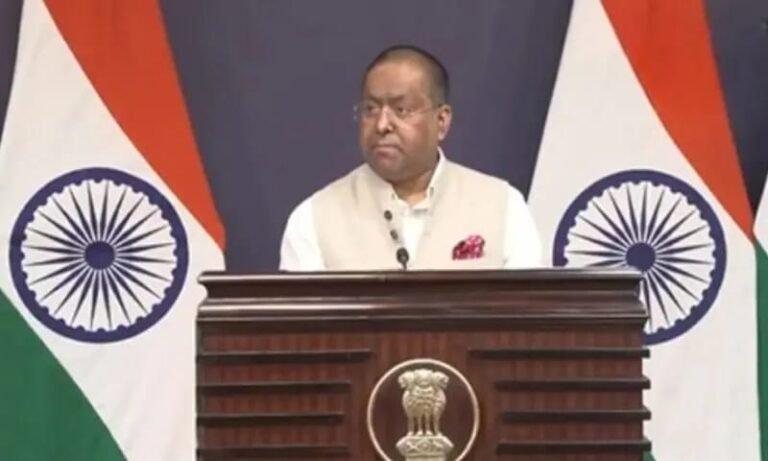Pakistan’s Business Leaders Slam Government Over Inflated Gas Bills, Demand Urgent Energy Reforms
LAHORE: The Federation of Pakistan Chambers of Commerce and Industry’s (FPCCI) Businessmen Panel (BMP) has condemned the government for imposing inflated gas bills on the country’s industrial sector, warning that the move threatens to cripple manufacturing, exports, and employment. BMP Chairman and former FPCCI president Mian Anjum Nisar described the billing practice as “unjust, unsustainable,…
LAHORE: The Federation of Pakistan Chambers of Commerce and Industry’s (FPCCI) Businessmen Panel (BMP) has condemned the government for imposing inflated gas bills on the country’s industrial sector, warning that the move threatens to cripple manufacturing, exports, and employment.
BMP Chairman and former FPCCI president Mian Anjum Nisar described the billing practice as “unjust, unsustainable, and detrimental to Pakistan’s economic stability,” urging immediate corrective measures to prevent further harm to the industrial base.
He said industries were being billed at peak-hour gas tariffs instead of the agreed off-peak rates, inflating costs by up to two and a half times. “Such misapplication is not only unfair but also violates the principles of cost-reflective pricing and equitable energy distribution essential for growth,” he stated.
The business leader warned that excessive energy costs were already forcing industries—especially export-oriented sectors such as textiles, chemicals, and manufacturing—to scale back production. “These inflated bills are pushing production costs to unsustainable levels, eroding Pakistan’s export competitiveness and foreign exchange earnings,” he cautioned.
Rejecting claims that the measure was linked to IMF requirements, Nisar stressed, “The IMF has called for fiscal discipline, not indiscriminate energy pricing that punishes industrial consumers. It is the government’s duty to ensure policies that balance revenue generation with industrial sustainability.”
He called on the federal government and energy regulators to revert to off-peak tariff structures, introduce transparent billing oversight, and establish a uniform 24-hour tariff system to avoid confusion. He further recommended targeted energy subsidies for export industries and incentives to promote energy-efficient technologies and renewable energy adoption.
Nisar also underscored the human cost of rising industrial energy prices, warning of widespread factory closures and job losses if the issue remains unresolved. “Safeguarding industry is synonymous with safeguarding millions of livelihoods,” he said.
The FPCCI’s Businessmen Panel reaffirmed its commitment to work constructively with the government and regulators to develop sustainable energy solutions. “The time for dialogue is now,” Nisar concluded. “Delays will only deepen the crisis and weaken Pakistan’s industrial competitiveness.”







